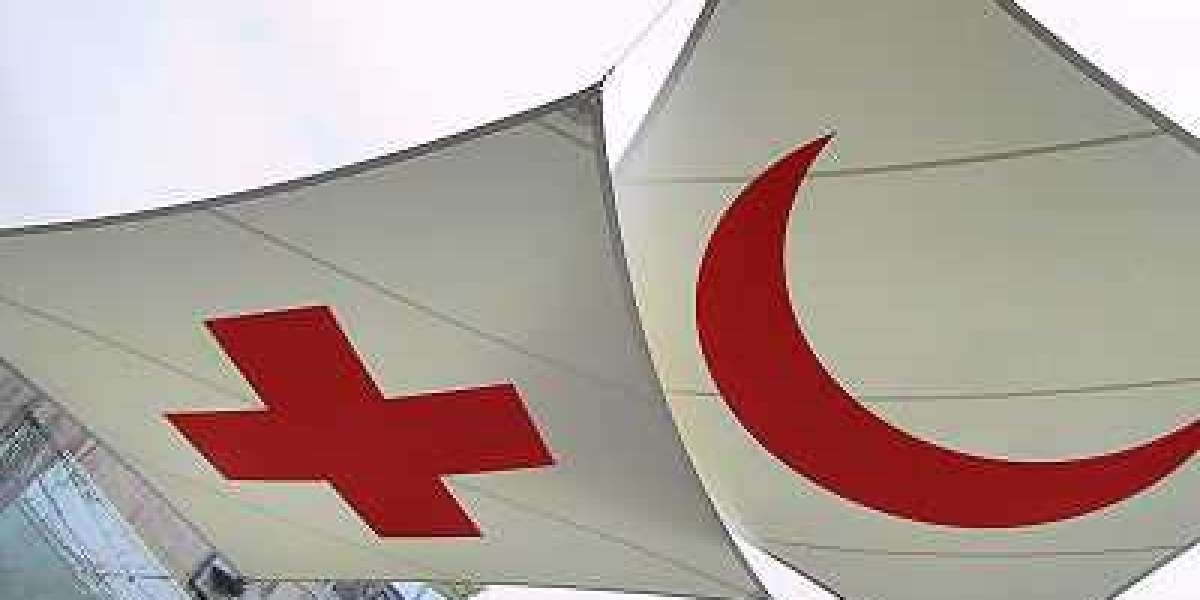Unlock the Secrets to Choosing Perfect Dinner Plates That Elevate Every Meal!
Dinner plates are more than just functional items; they are the canvas on which meals are presented and enjoyed. The right dinnerware can transform an ordinary meal into a memorable dining experience, enhancing the way we perceive and enjoy our food. But what defines 'good quality' when it comes to dinner plates? Factors such as materials, craftsmanship, and design all contribute to the overall quality of dinnerware, impacting not only the aesthetics of your dining table but also the enjoyment of each bite. Whether it’s a casual family dinner or an elegant gathering with friends, investing in good quality dinner plates can make a significant difference in how we celebrate our meals together.

Understanding Good Quality Dinner Plates
When evaluating what makes a dinner plate 'good quality', several key factors come into play. First and foremost, the material is crucial; high-quality dinner plates are typically made from durable materials that can withstand the rigors of everyday use. Craftsmanship is another essential aspect, as well-made plates feature smooth edges, even glazing, and a sturdy feel. Durability is paramount; a good quality plate should resist chipping, cracking, and scratching, even after frequent use and washing. Additionally, the design plays a vital role in the overall quality; plates should not only be functional but also visually appealing, enhancing the dining experience. A good quality dinner plate balances these elements, ensuring it is both practical and aesthetically pleasing.
Materials Matter: Choosing the Right Composition
Different materials used in dinner plates come with their own advantages and disadvantages. Ceramic and porcelain plates are popular choices due to their durability and elegant appearance. They are typically chip-resistant and can handle high temperatures, making them ideal for both serving and reheating food. Stoneware is another excellent option, known for its robustness and rustic charm; however, it can be heavier than other materials. On the other hand, glass plates offer a modern aesthetic and are non-porous, making them easy to clean but can be prone to breakage. Each material has its unique qualities that can affect the overall usability and quality of dinner plates, so it’s essential to choose one that suits your lifestyle and preferences.
Design and Aesthetics: The Visual Appeal
The design of dinner plates can significantly elevate the dining experience. Color, shape, and patterns all contribute to the visual appeal of the meal. Classic white plates are timeless and versatile, allowing the food to take center stage, while colorful or patterned plates can add a fun and festive touch to any gathering. Shapes also play a role; round plates are traditional, but square or oval designs can offer a modern twist. When selecting dinner plates, consider how the design will complement your dining style and the types of meals you serve. A well-chosen design can make even the simplest of meals feel special and inviting.
Practical Considerations: Size, Weight, and Care
When choosing dinner plates, practical factors such as size and weight should not be overlooked. Plates that are too large may be cumbersome to handle, while those that are too small may not accommodate sufficient portions. Ideally, dinner plates should be substantial enough to hold a full meal without being overly heavy, ensuring ease of use during dining. Additionally, care instructions are crucial for maintaining the quality of your dinnerware. Some materials are dishwasher and microwave safe, while others may require hand washing or special care to avoid damage. Understanding these practical considerations will help you select dinner plates that not only look good but also fit seamlessly into your lifestyle.
Tips for Selecting the Best Dinner Plates
Choosing the best dinner plates involves considering your personal style, lifestyle, and the occasions for which you will use them. Think about your typical dining scenarios—do you often host large gatherings or prefer intimate family dinners? Opt for dinner plates that suit these occasions and reflect your aesthetic. Additionally, consider mixing and matching different styles for a unique table setting. Don’t hesitate to engage with friends or family for their opinions; sometimes, personal anecdotes about their experiences with certain types of dinnerware can provide invaluable insights. Ultimately, take your time to select dinner plates that resonate with you and enhance your dining experiences.
Final Thoughts on Selecting Dinner Plates
In conclusion, selecting good quality dinner plates is an essential aspect of enhancing your meals and dining experiences. By understanding the factors that contribute to quality—such as materials, craftsmanship, design, and practicality—you can make informed choices that align with your lifestyle and aesthetic preferences. Remember, a well-chosen plate not only serves a functional purpose but also adds to the joy of sharing meals with loved ones. Take your time in making your selection, and enjoy the process of finding the perfect dinner plates that elevate every meal!








